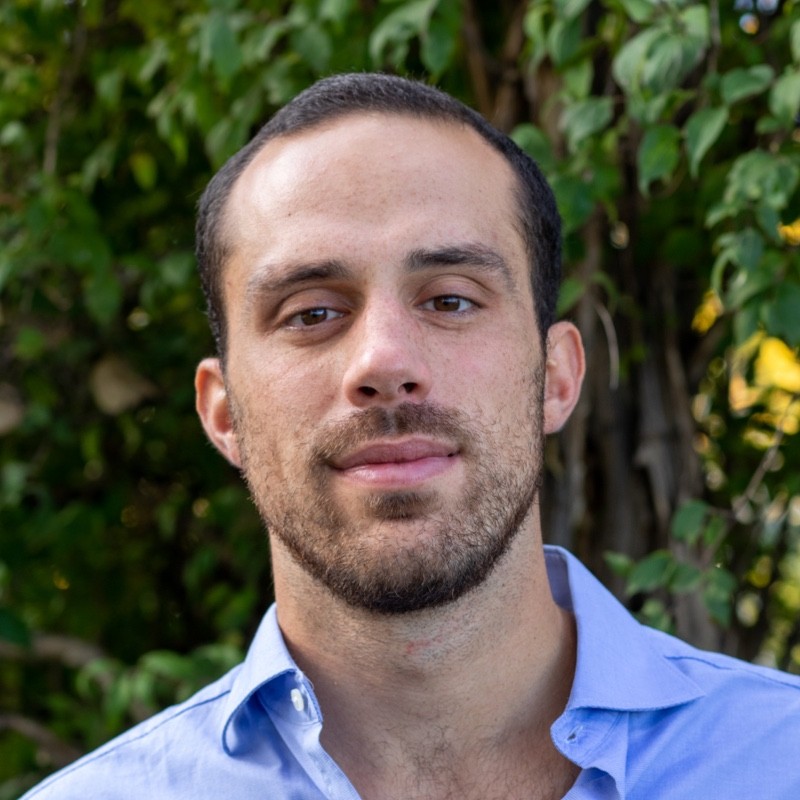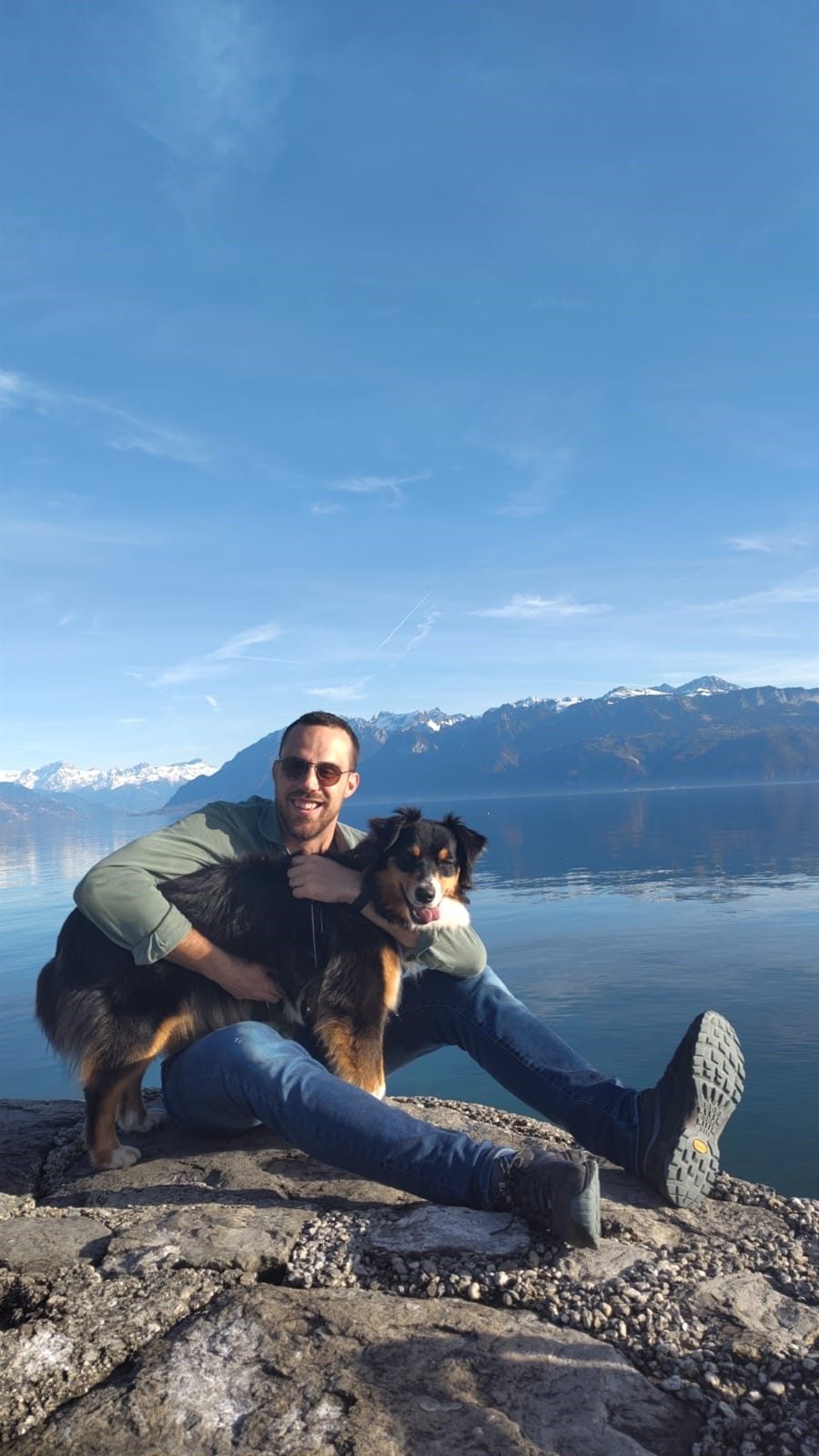
Ryan Humbert, MIL alumnus (2019), has joined the Federal Department of Foreign Affairs FDFA as a Candidate in the International Cooperation career track. As part of the concours, he moved to Sarajevo in June to start working at the Swiss Embassy there for a year, as Programme Officer. Ryan is multi-lingual and demonstrates professional experience in France, Uganda, Argentina and Switzerland, mostly in the international cooperation field.
In this interview Ryan provides us with insights into his career trajectory, the concours and why he chose to study International Law. Lastly, he will share some career and study advice he would give to (future) Master in International Law students. The interview was conducted by Monika Ritter, Executive Director of the MIL programme.
You can find more information about Ryan’s background and areas of work at: (17) Ryan Humbert | LinkedIn
I grew up in International Geneva, surrounded from an early age by people from all around the world. I never had a fixed long-term plan so I focused on opportunities that would help me learn and grow.
I asked myself: which choice will challenge me and teach me the most?
This approach led me through a variety of positions, each offering a chance to take on new challenges. It’s only today that I realise how these step-by-step decisions have guided me to a role that requires a diverse range of experiences and the ability to adapt to different situations.
I chose the Master’s in International Law for both personal and academic reasons. I was particularly interested in humanitarian law, which had already been a central focus of my Bachelor’s in International Relations in Geneva.
I was also curious to gain a different perspective on Switzerland by studying at its opposite end and improving my (Swiss) German, and I had friends who had joined the year before. I also valued the broader academic and practical opportunities the University of St.Gallen offered beyond its standard curriculum.

I would frame the moment of the phone call confirming my acceptance into the international cooperation career track of the SDC. After a nine-month recruitment process, I received the call while attending the cinfo IC Forum in Bern with friends.
I would also frame the coffee encounter with Andreas Koestler, a Lecturer at the University of St.Gallen, at Tibits in Bern. This was shortly after I returned from Argentina, planning to spend more time in Switzerland, and it led to me becoming interim director of the Fontes Foundation in Kampala just two weeks later.
Both moments were crucial, and they reflect the approach I’ve described before: focusing on opportunities that can teach me something new and help me grow, rather than on a fixed long-term plan.
The concours evaluates candidates from a broad perspective over several months, also including assessments focusing on interpersonal skills. Success also depends on the priorities of the FDFA at the time, therefore sometimes even strong applications might not be selected.
The more I learned about this career track, its challenges and opportunities, the more it felt like the right fit. I probably would not have considered it ten years ago, but each of my previous positions had gradually prepared me for a transferable career in international cooperation.
I would emphasise the importance of developing yourself beyond your studies. Learn languages, travel, and get involved in associations or initiatives (for example, during my time at UNISG I participated in the Social Business Club, which does great work, and I also took opportunities to improve my Spanish and German or to travel). I believe these experiences often mattered more than my degrees, which alone might not be enough to stand out among many candidates.
I would also encourage students not to feel that every decision must set the course of their entire career. Many professionals working abroad for instance make choices six months or a year at a time, rather than planning a fixed 10- or 15-year path. The key for me is to focus on learning and growth at both a professional and personal level.

By now, you’ve probably realised this isn’t an easy question for me to answer. At the FDFA, transferable staff usually rotate into new positions every four years, which means both new responsibilities and duty station change.
I’m currently applying for the next four-year rotation. I hope to be in a role where I can contribute tangible value to the field of international cooperation while being challenged and learning every day. Ideally, this would be within a team of inspiring colleagues who motivate me to grow and do my best work. (And I wouldn’t mind a team that allows the occasional 'pet-day' at work for my dog.)
Monika Ritter
St. Gallen / Sarajevo 2025